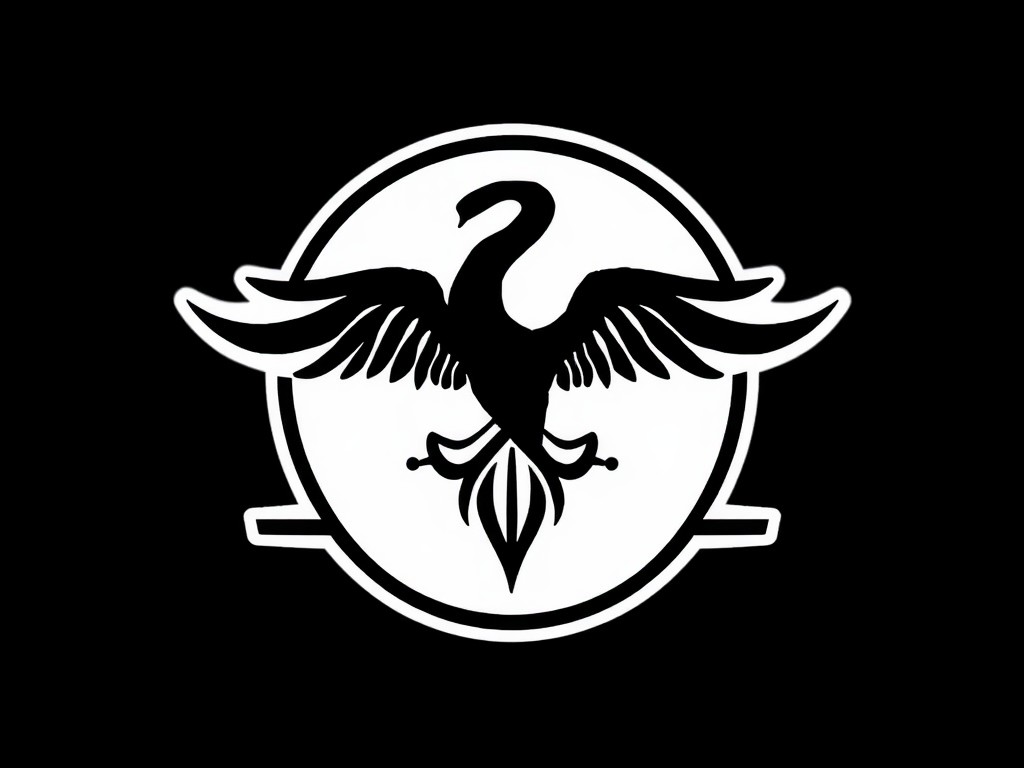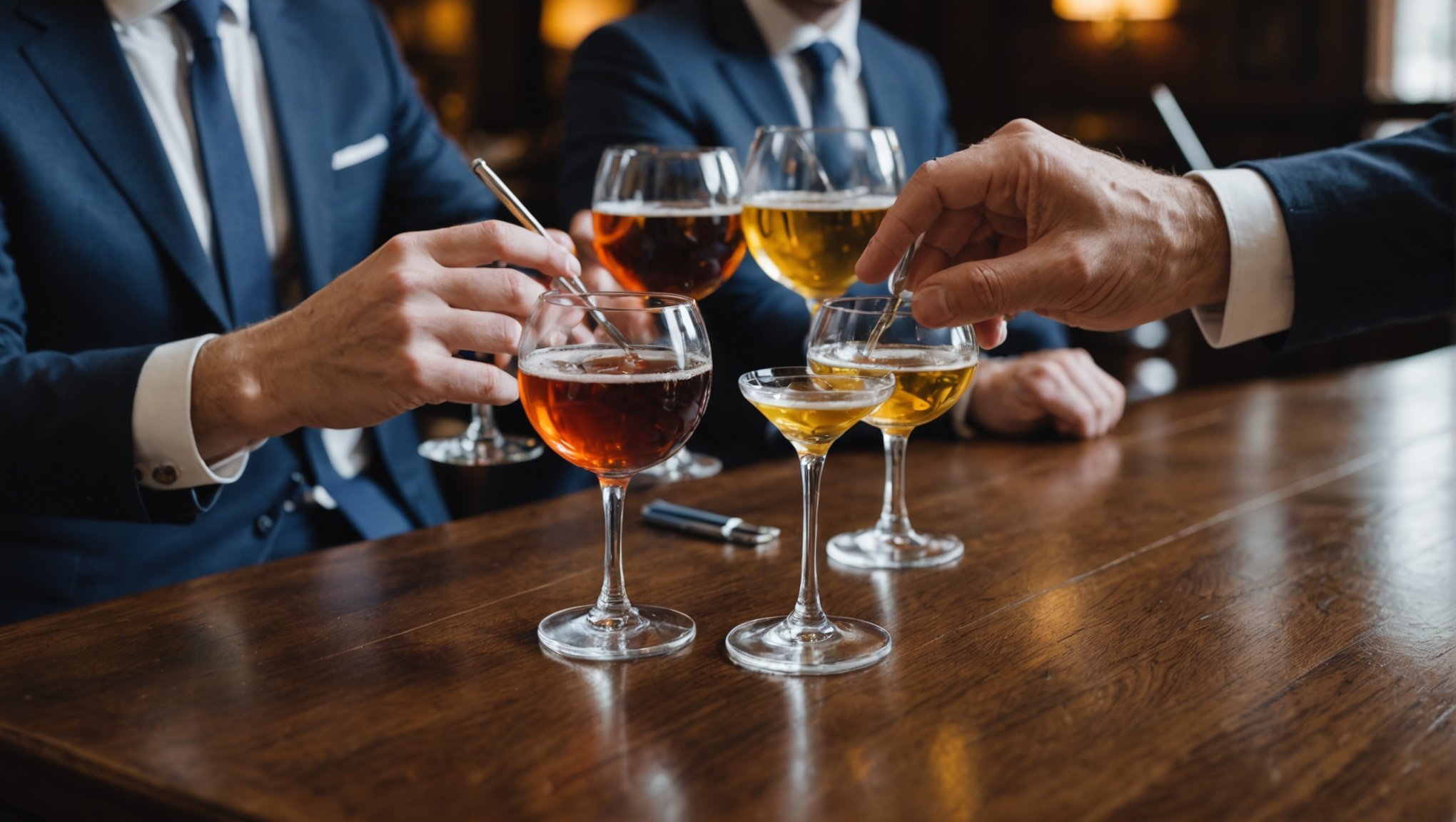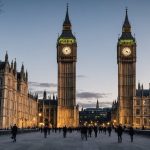Navigating the Legal Landscape: Essential Steps for UK Businesses to Secure an Alcohol License
Starting a business that involves the sale of alcohol in the UK can be a complex and daunting task, especially given the stringent regulations and licensing requirements. However, with the right guidance, you can navigate this legal landscape with ease. Here’s a comprehensive guide to help you secure an alcohol license for your UK business.
Understanding the Licensing Act
The Licensing Act 2003 is the cornerstone of alcohol licensing in England and Wales. This act sets out the framework for the sale of alcohol, ensuring that businesses operate responsibly and in compliance with the law.
Additional reading : Navigating the Legal Landscape: Essential Steps for UK Businesses to Secure a Financial Services License
Key Licensing Objectives
The Licensing Act is based on four key licensing objectives:
- Prevention of Crime and Disorder: Ensuring that the sale of alcohol does not contribute to criminal activities or public disorder.
- Public Safety: Protecting the public from harm, particularly in relation to the consumption of alcohol.
- Prevention of Public Nuisance: Minimizing disturbances that could be caused by the sale of alcohol.
- Protection of Children from Harm: Ensuring that children are protected from the adverse effects of alcohol consumption.
Obtaining a Personal License
To sell alcohol, you or a member of your staff must hold a personal license. Here’s what you need to do:
Also to discover : Essential Legal Obligations for UK Businesses Under the Environmental Protection Act 1990
Qualification and Application
- You must be over 18 years old to apply for a personal license.
- You need to obtain a licensing qualification accredited by the Secretary of State, such as the BIIAB Level 2 Award for Personal License Holders. This qualification ensures you are aware of licensing law and the social responsibilities associated with selling alcohol.
- You will also need a basic criminal conviction certificate.
- The application process involves submitting your qualification, conviction certificate, and a fee of £37 to the local council where you reside.
Role of the Personal License Holder
A personal license holder must authorise the sale of alcohol. This does not apply to sales at premises with a club premises license or those operating under a temporary event notice (TEN). Multiple personal license holders can work at the same premises, and holding a personal license is also necessary if you plan to apply for more than five TENs per year.
Securing a Premises License
After obtaining a personal license, you need to secure a premises license for your business.
Application Process
- The premises license must be applied for through your local authority or council.
- The license can be attached to any commercial property, but it is unlikely to be granted for a domestic dwelling. However, a small building on your property that is distinct from your house may be eligible if you have the necessary planning permission.
- The cost of the premises license varies based on the value of your business premises and is levied annually.
Designated Premises Supervisor (DPS)
If your application for a premises license includes consent to supply or sell alcohol, you must appoint a DPS. This person will be the first point of contact with the council or responsible authorities and must be a personal license holder.
Compliance with Weights and Measures Requirements
Ensuring compliance with weights and measures regulations is crucial for any business selling alcohol.
Measurement and Quantities
- There are specific legal requirements for the quantities and measurement of alcoholic drinks. For example, spirits must be served in specific measures using Government-stamped automatic measuring devices or thimble measures.
- Customers must be informed of the smallest measure available for each drink, such as ½ pints of beer or 125 ml glasses of wine, to encourage responsible drinking.
Displaying Information
- Businesses must display clear notices informing customers about the quantities being served.
- Price lists and menus must also reflect the availability of different measures.
Responsible Drinking Promotions
Responsible drinking promotions are a critical aspect of alcohol licensing.
Irresponsible Promotions
- Promotions such as “buy one get one free” or “all you can drink for £10” are considered irresponsible and are prohibited. Free drinking water must be available for customers on request.
- In Scotland, promotions must comply with the minimum unit pricing (MUP) regulations, ensuring that alcohol is not sold below the statutory MUP of 65p per unit as of September 2024.
Responsible Promotions
- Businesses can still offer promotions where alcohol is part of a package or meal deal, provided the total price is not less than the minimum unit price.
- Discounts can be offered using vouchers, and complimentary drinks can be given under certain conditions, such as delays in service.
Age-Restricted Sales
Ensuring that alcohol is only sold to those over 18 is a legal requirement.
Legal Requirements
- It is an offence to supply alcohol to customers under 18. Continued breaches can result in the suspension or revocation of the alcohol sales license.
- However, 16 and 17-year-olds can consume alcohol in certain settings, such as when eating a meal in a restaurant, provided the alcohol is bought for them by someone over 18.
Regulatory Authorities and Enforcement
Understanding the role of regulatory authorities is vital for compliance.
Trading Standards
- Trading Standards services are responsible for enforcing licensing laws and ensuring businesses comply with regulations. Breaches can result in additional licensing conditions, temporary suspension, or revocation of the alcohol sales license.
Licensing Standards Officers
- In Scotland, Licensing Standards Officers can intervene if irresponsible promotions are suspected, issuing warnings or section 14 notices to remedy breaches. Failure to comply can lead to police involvement and potential loss of the premises license.
Practical Insights and Actionable Advice
Here are some practical tips to help you navigate the licensing process:
Plan Thoroughly
- Ensure you have a clear understanding of the licensing objectives and the regulations that apply to your business.
- Plan your application process well in advance, considering the time it takes to obtain necessary qualifications and certificates.
Seek Legal Advice
- If you are unsure about any aspect of the licensing process, seek legal advice to ensure all promotions and operations are in line with the rules.
- Regularly review and update your policies to reflect any changes in legislation or regulations.
Maintain Good Relationships with Authorities
- Build a positive relationship with your local licensing authority and Trading Standards services. This can help in resolving any issues promptly and ensuring smooth operations.
Table: Comparison of Key Licensing Requirements in England, Wales, and Scotland
| Requirement | England & Wales | Scotland |
|---|---|---|
| Personal License | Must be over 18, accredited qualification, criminal conviction certificate | Same as England & Wales |
| Premises License | Applied through local authority, DPS must be appointed | Same as England & Wales, with specific conditions for promotions |
| Weights and Measures | Specific measures for spirits, clear notices for customers | Same as England & Wales |
| Responsible Promotions | Prohibits irresponsible promotions, free drinking water available | Must comply with MUP, no promotions below statutory MUP |
| Age-Restricted Sales | Alcohol only sold to those over 18, exceptions for 16-17 year-olds in certain settings | Same as England & Wales |
| Regulatory Enforcement | Trading Standards services enforce regulations, potential penalties for breaches | Licensing Standards Officers enforce regulations, potential police involvement |
Securing an alcohol license in the UK involves a series of meticulous steps, from obtaining personal and premises licenses to ensuring compliance with weights and measures regulations and responsible drinking promotions. By understanding the legal landscape and taking practical steps to ensure compliance, you can successfully navigate the licensing process and operate a responsible and compliant business.
Final Tips
- Ensure Compliance: Regularly review and update your policies to ensure you are meeting all regulatory requirements.
- Seek Advice: Do not hesitate to seek legal advice if you are unsure about any aspect of the licensing process.
- Maintain Standards: Always prioritize responsible drinking practices and maintain high standards of safety and compliance.
By following these guidelines and staying informed, you can ensure your business not only complies with the law but also contributes positively to the community.











